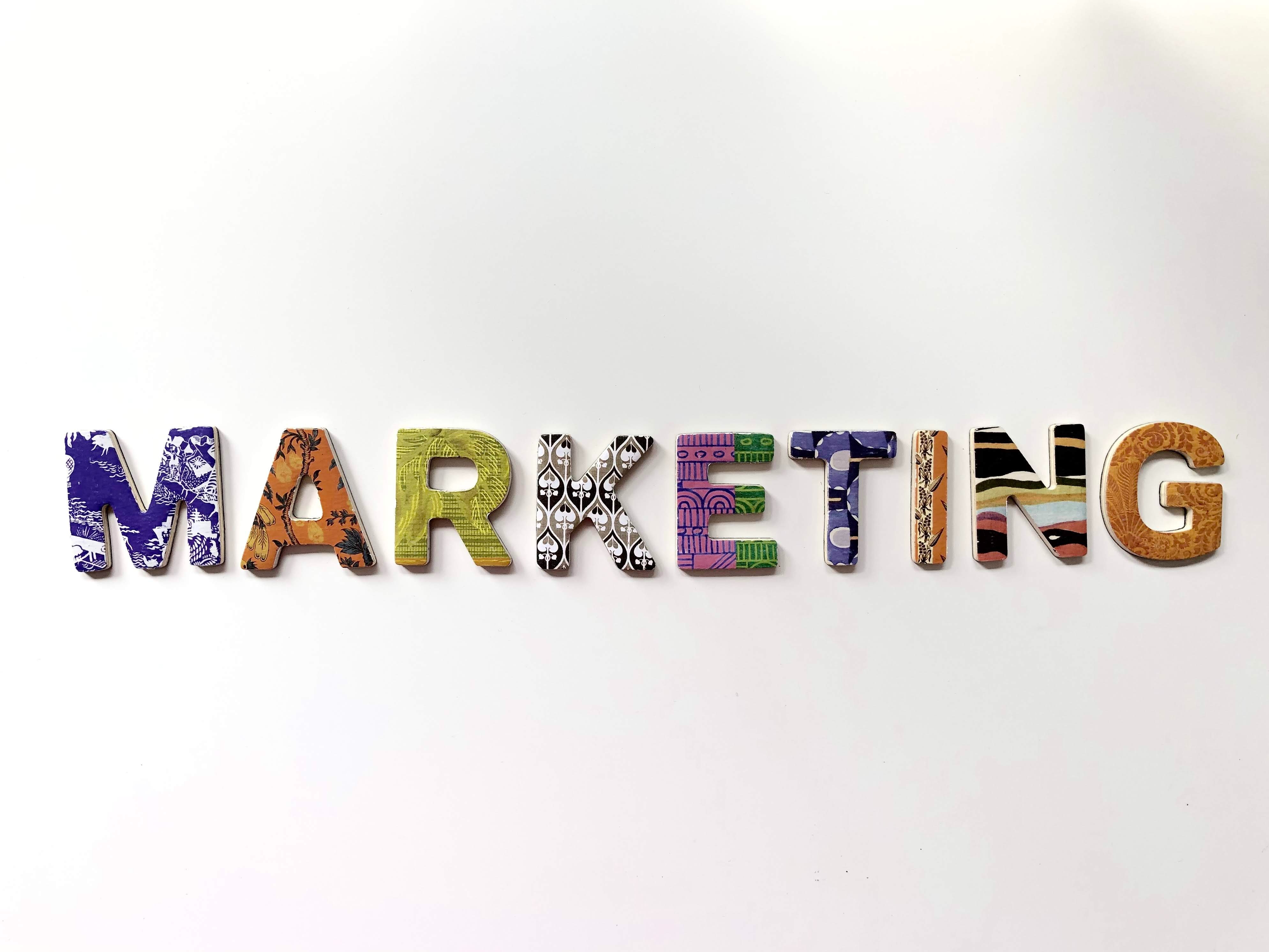The State of Martech in 2023
May 31, 2023 Samantha McGarry
Marketing technology is changing before our eyes.
The $325.7 billion dollar industry keeps growing with no signs of slowing as AI continues to be at the forefront of innovation. In fact, industry influencer Scott Brinker’s 2023 vendor landscape includes more than 11,000 martech solutions in 49 different categories. It’s grown by 7,000% over the past 12 years!
To better understand the state of the martech space, I recently hosted a virtual panel event with a few of our clients:
- Alex Oleson, vice president, vertical strategy & product marketing, Persado
- Chris Savage, co-founder and CEO, Wistia
- Deanna Ballew, senior vice president, product, Acquia
- Lucas Welch, vice president, corporate marketing, Highspot
Here is a recap of the trends they’re seeing now and predicting for the future:
Keep up with the speed of change
“Technology changes faster than most things. But the speed of this change now is so rapid – a lot of people are tired of it. But that's actually what’s most important: try to keep up. Customers will go to the places that adapted quickly and figured this stuff out,” said Chris.
Add integrations that strengthen your stack
Deanna said, “It's about sticking with the vendors that are the backbone of your technology stack and then finding the ones that will play well with it. It's all about those integrations – making sure that your data and your content can be used everywhere so that you don't have to replicate your work and you can get the intelligence out of it.”
Innovate through partnerships
“If you’re able to build connections and offer a joint solution that integrates with a range of foundational technologies, that will speed up the adoption and deliver the return on the investment which makes you stand out in the market,” said Lucas.
Think like an investor
“Today’s CMO, in many senses, has a lot of parallels to an investment professional. They need to look at what is happening in the market around them, understand the economic decisions that their buyers need to make, and predict the most likely outcomes,” said Alex.
Get back to the fundamentals
Chris said, “You have to tell great stories and you have to figure out a way to add emotion. We're all human beings, and so storytelling is really important.”
Prioritize brand and customer experiences
“We’re in a highly competitive market, which means that a remarkable customer experience is more important,” said Chris. He compares it to consumer packaged goods. “When everything feels the same, brand is what matters.”
Turn to trusted sources when making purchasing decisions
“We're going to our communities – trusted friends, vendors or influencers – when we're making a buying decision. This changes marketing altogether,” said Deanna. Chris added, “In a world where there’s unlimited options, you need someone you trust who has already taken the risk and had a great experience. It’s a promise that it’s worth your time.”
Identify customers that will advocate for you
Lucas said, “Marketing has a big role to play in post sale.” Deanna agreed and said, “I see a lot of synergies and a lot of opportunities for marketing activities to really get tight with community activities to help build that brand trust.”
Focus on predictability vs. personalization
Personalization is important, but Alex shared that taking it too far can “come off invasive.” Deanna further explained, “It's not so much about personalization as it is about predicting the right moment at the right time with the right content.”
Grab attention, don’t spam
“Because of how much digital marketing there is in the world, buyers are already tuning out. That’s going to continue with the rise of generative AI. It basically makes a lot of the work that we're doing in marketing now disposable. Maybe 2% of it actually hits,” said Deanna.
Add AI to the mix (while maintaining a human vibe)
All of the panelists agreed we’re going to see lots of innovation and consolidation in this space in the next few years. But there’s work to be done. Chris said, “The mid-market enterprises will want some AI, but they’re going to want backup from a human.” And Alex is looking forward to when “we arrive at a place where we have a seamless interaction between human and machine to create elegant, attuned content.”
Want to learn more? Subscribe to our newsletter by completing the form on the right or contact us at workworkus@inkhouse.com.






